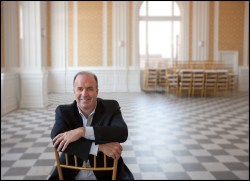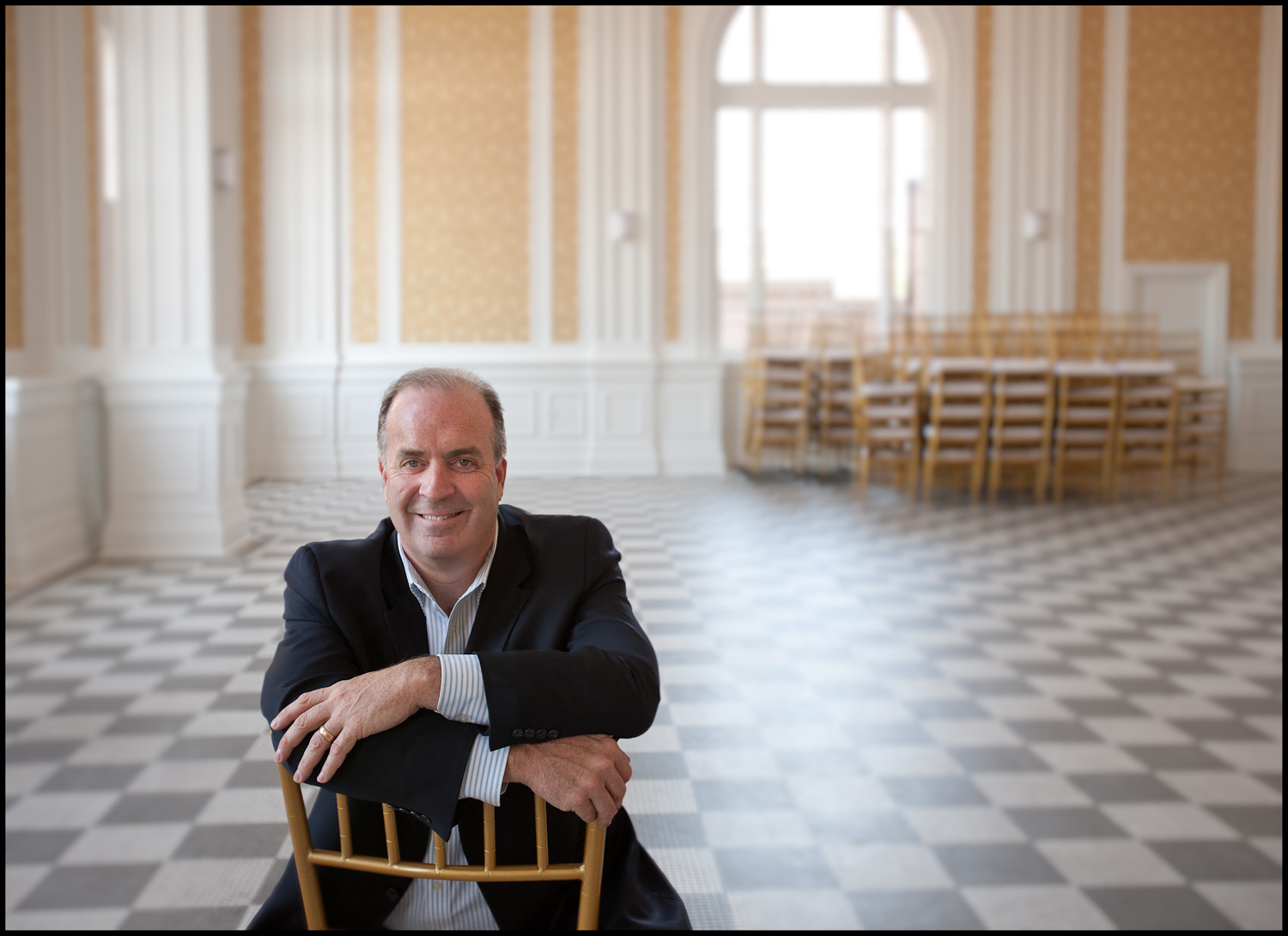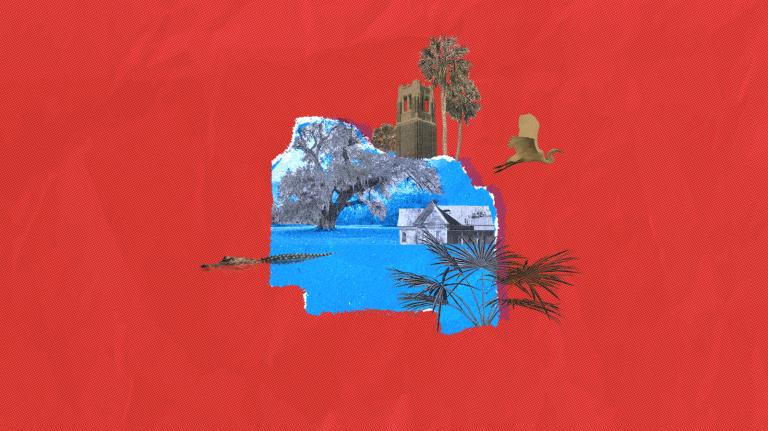
Photo by Dan White, Dan White Photography.
Barring some bizarre political mishap, Dan Kildee will be settling into a seat in the U.S. House of Representatives on Jan. 3. He’s a shoo-in for Michigan’s fifth congressional district — the well-liked Democratic candidate in a majority blue district, and the nephew of the guy who has held the seat since 1977.
Kildee is one of the few candidates this election season who isn’t afraid to talk about giving U.S. cities a leg up. The longtime treasurer of Genesee County, Mich., home to the moribund auto town of Flint, he is best known as the leader of the “shrink the city” movement, a cadre of city planners and academics who argue that the best way to save shriveling manufacturing towns is to bulldoze abandoned neighborhoods to make way for parks and urban gardens — and new development when the economic tide turns.
Kildee created the Genesee County Land Bank, which gathers vacant or abandoned properties and either sells them or rips them down. The bank also gains control of valuable property in the suburbs, then sells or rents it, using the proceeds to invest in the city proper.
“The city of Flint built Genesee County,” he said in 2010. “The shoe is now on the other foot. The economic model we’ve developed takes some of that money back to restore the city. And by doing that the entire region improves.”
This kind of talk doesn’t sit well with those who claim that Democrats in Washington are robbing the suburbs to help cities (a laughable claim) — which may explain why city lovers, like climate hawks, haven’t been hearing much about their pet issue this campaign season.
I caught up with Kildee on two occasions — once in the spring and once this week — to talk about his stances on urban and environmental issues. Here are a few snippets of what he told me:
On the importance of cities:
Cities are the places where ideas are commercialized, where great ideas become jobs. Interesting, vibrant cities, where people are in close proximity to each other, create the creative energy that an evolving society depends on.
On why cities aren’t a bigger part of the national political discussion:
“Urban” has become code. It’s a placeholder for race. It’s a way to play to fears and anxieties, and do so in a more subtle form than we used to see years ago.
It’s more than race, though. A lot of it is simple, shallow partisanship. If you listen to certain political interests, you would believe that anything you do to benefit cities will have a detrimental effect on the rest of the region. There’s a mythology that if you live near a city but not in it, you’re OK if the city fails. It’s like thinking that if you’re on a boat and there’s a hole at the other end, you’re not going to sink. You’re going down with the ship.
On why we should invest in U.S. cities again:
When we see value generated from the region invested in the city, not only does the city benefit, but the region benefits as well. When we rely on the whole region to participate in solving the problems of the urban core, we’re acknowledging that the deterioration of cities played out on regional scale, so the solution has to play out on regional scale.
On the housing crisis:
There is a false belief right now that home ownership isn’t important. It really is important. What was wrong was unleashing Wall Street on the mortgage market.
On cleaning up former industrial cities:
I’d like to strengthen the focus within the EPA on brownfield development. There are many hundreds of thousands of acres of existing industrial land that could be repurposed. The most important thing we can do to preserve the environment is to invest in the existing built environment.
On climate change:
The problem is that the Republican Party is intolerant of moderates. They’ve essentially developed a litmus test: If you acknowledge that climate change is real, you run the risk of being thrown out of the Republican Party.
We will not fix climate change or our social ills or the gap between the rich and poor unless both parties take part. We have to make it safe for people who are more conservative to find some common ground on these issues.
On money in politics:
It’s obscene that a handful of people — you could put them in one minivan — are dominating political speech. And the Supreme Court [with the Citizens United verdict] has said that there is nothing that can be done to equalize the voices. If we can’t figure out a way to get money out of the central role in American politics, we’re not going to fix climate change or any of these other problems.
On where our money would be best spent:
Everyone says that the way forward is to invest in entrepreneurship, innovation, ingenuity, but we’re not going to do that if we make it harder and harder for a kid who might have the next billion-dollar idea to go to college. Let’s invest in the kid who is walking around right now. Let’s get that kid into college, grad school — give him a chance to be the next Bill Gates.
The so-called job creators have not taken the tax cuts that George W. Bush gave them and turned them into jobs. The real job creators are walking around with a backpack right now trying to figure out how they’re going to make the next tuition payment.



